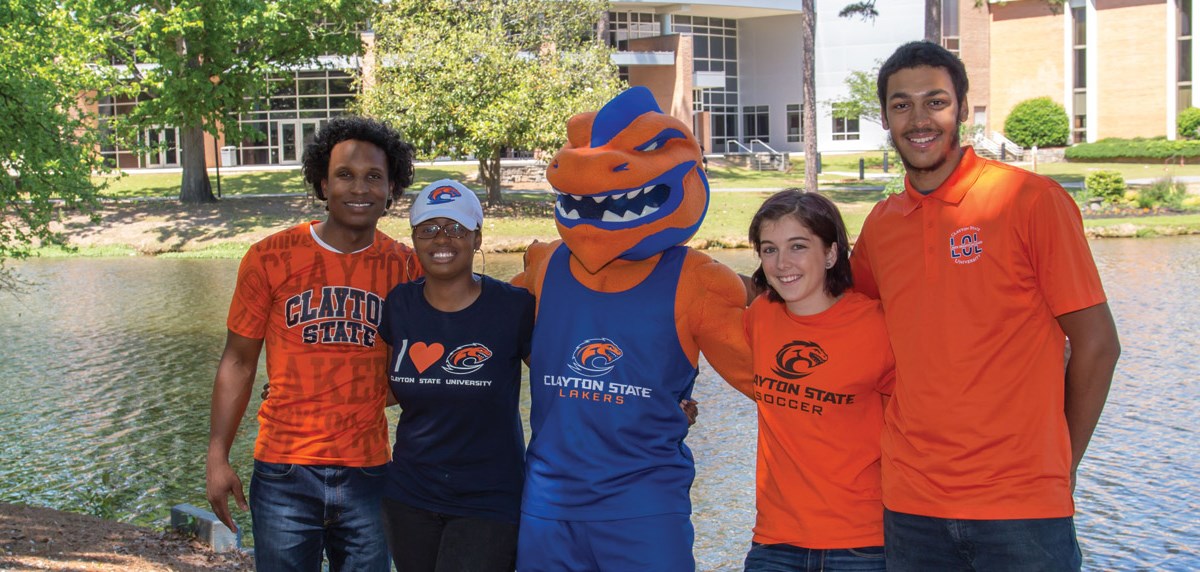Challenges in Education

Out of Balance
Although written in 2017, Rafael Walker’s How Canceling Controversial Speakers Hurts Students is a timely message now in view of the issues of censorship surrounding canceled Twitter, Facebook, and YouTube accounts that are almost a daily occurrence. In his article, he shares candidly some of his concerns about the atmosphere on many college campuses. As an educator, Walker’s words should be taken seriously. He is in the position to speak from personal experience and not theory.
Colleges and universities have a responsibility to keep students safe, and “admirable as their intentions are” Walker questions if things have gone too far. Besides physical safety, which is paramount, administrators strive to protect students from “potentially hurtful speech.” Walker fears the cost of this is a loss of “academic freedom.” He is concerned that the backlash on campuses with regards to controversial speakers, mostly from the “political right” is problematic. “…openness, complexity, and civility” are a few of the values academics cherish. When speakers are “intensely” regulated, Walker believes that those in charge run the risk of making institutions “liberal echo chambers” as opposed to environments where students experience ideologies and beliefs different than their own. These encounters help prepare them for life after graduation.
Our nation is far from homogenous. We are diverse and it is important that we can work together which means cultivating the ability to listen and understand each other. When students are not given the chance to sharpen these skills they become, “interpersonally handicapped, better trained to scream and brandish signs at their opponents than to sit down with them and possibly win a new convert.” To his dismay, he fears that this is happening on campus now.

Walker compares college and universities to “ivory towers,” a pejorative term that refers to places where people who consider themselves superior to others retreat and who are, in fact, out of touch with reality. If so, how did this happen? A report by the Carnegie Commission in 1969 found that of the schools studied, the political composition of professors was essentially balanced: 4.8% Left, 39% Liberal, 26.3% Middle-of-the-Road, 24.4% Moderately Conservative, 2.5% Strongly Conservative, 3.1% declined identification (56). Fast forward to the 2016 study by Mitchell Langbert, Anthony J. Quain and Daniel B. Klein. Focusing on the political party affiliation of public college and university professors they found the “overall D:R ratio is 11.5 to 1 (425). The authors express regret that “academia is so dominated by Democrats and other left-learners.” This should not be taken as a prejudice against Democrats, but a desire on the authors’ part to see things more ideologically balanced. They believe a professor’s “political outlook is a matter of sacred values…something that usually cannot be separated from the love that permeates a scholarly enterprise…Sacredness makes groupthink adaptable to the professoriate” (427). The fact that outside speakers need to be invited onto campuses indicates there is a serious problem with the quality of education that students are receiving today because there is an ideological imbalance in the makeup of college administrations and teaching staff.
Walker concludes that the present actions of administrators and professors open their institutions up to “not-entirely-baseless charges of liberal bias.” Therefore, colleges and universities need to be willing to cede their liberal ideological stronghold for the sake of the students they are being paid to teach. Simply inviting guest speakers will not suffice. By actively recruiting and hiring administrators and professors from differing viewpoints and beliefs, students can receive a broad-based education from professionals who passionately believe what they teach. Failing to do so, schools will as Walker admits, continue to churn out students ill-equipped to deal with the complex and diverse real-world they enter upon graduation. Mary Agrusa
Works Cited:
Ladd, Everett., and S.M. Lipsett. Carnegie Commission National Survey of Higher Education:
Technical Report. Inter-university Consortium for Political and Social Research. August 2001. PDF. Accessed February 25, 2021.
Langbert, Mitchell, Anthony J. Quain, and Daniel B. Klein. Faculty Voter Registration in
Economics, History, Journalism, Law and Psychology. Econ Journal Watch 13.3 September (2016). 422-451. PDF. Accessed February 25, 2021.
Walker, Rafael. “How Canceling Controversial Speakers Hurts Students”. Writing Arguments.
A Rhetoric With Readings. 11th Edition. New York. Pearson Education. 2019. The
Chronicle for Higher Education. February 8, 2017.
Leveling the Field
College campuses are oftentimes made up of students who have similar backgrounds and values. It is important that they are exposed to different elements that are different from their familiar ideals. It has been acknowledged that having an echo chamber of ideas is a negative thing and does not lead to intellectual growth. This is our shared problem. This is why having controversial speakers is a positive thing for a college campus to experience.
We can all agree that a college's duty is to protect its students from physical harm or danger. However, it should not be sheltering its students intellectually. College should be an opportunity for students to expand their horizons and swim in uncharted academic waters. Speakers should not only be controversial, but they should present evidence to support their unfavorable claims. This will produce an analytical mindset where students attempt to understand where the speaker is coming from; whether they agree or not. By doing this, students will be able to prepare for the real world where they will surely meet people with opposing views. These views may in fact be extreme.
We also agree that academia on college campuses is dominated by Democrats according to a 2016 study by Mitchell Langbert, Anthony J. Quain, and Daniel B. Klein. By inviting a controversial speaker that has opposing views, students can get a different point of view on political values and policies. However, the speaker themselves should be vetted for integrity, respect, and the speech needs to be free of hate-speech. Unlike some of the 2020 political debates, students and speakers should have mutual respect with an openness to understand even if they do not agree.
Further, we can agree that administration should be diverse in ideas and cultures. However, there is a misunderstanding of administrators' role in students' political exposure and development. According to The Interfaith Diversity Experiences and Attitudes Longitudinal Survey (IDEALS) 2019 study, 10% of students (mostly conservative) felt pressure to align their thinking with their professors' politics. However, the study claims that this may be because the overall political environment is now so charged, not because professors are telling students what to think. Based on this information, it can be said that having a diverse administration is positive, but it does not directly result in having well-rounded students.
We can resolve our differences by exposing students to real-world examples of opposing views through intellectual discussions, protecting students from hateful speakers, and diversifying college administration. By doing this, we can encourage students to welcome differences of opinion. We will encourage students to have a mind that desires knowledge. Further, we will teach students how to have respect for others and their values even if they do not support them. They will be able to graduate as students that experience the taste of the real world before they fully enter it.
Works Cited
Rockenbach, A. N., Hudson, T. D., Mayhew, M. J., Correia-Harker, B. P., Morin, S., & Associates. (2019). Friendships matter: The role of peer relationships in interfaith learning and development. Interfaith Youth Core.
Langbert, Mitchell, Anthony J. Quain, and Daniel B. Klein. Faculty Voter Registration in
Economics, History, Journalism, Law and Psychology. Econ Journal Watch 13.3 September (2016). 422-451. PDF. Accessed February 25, 2021.

Comments
Post a Comment